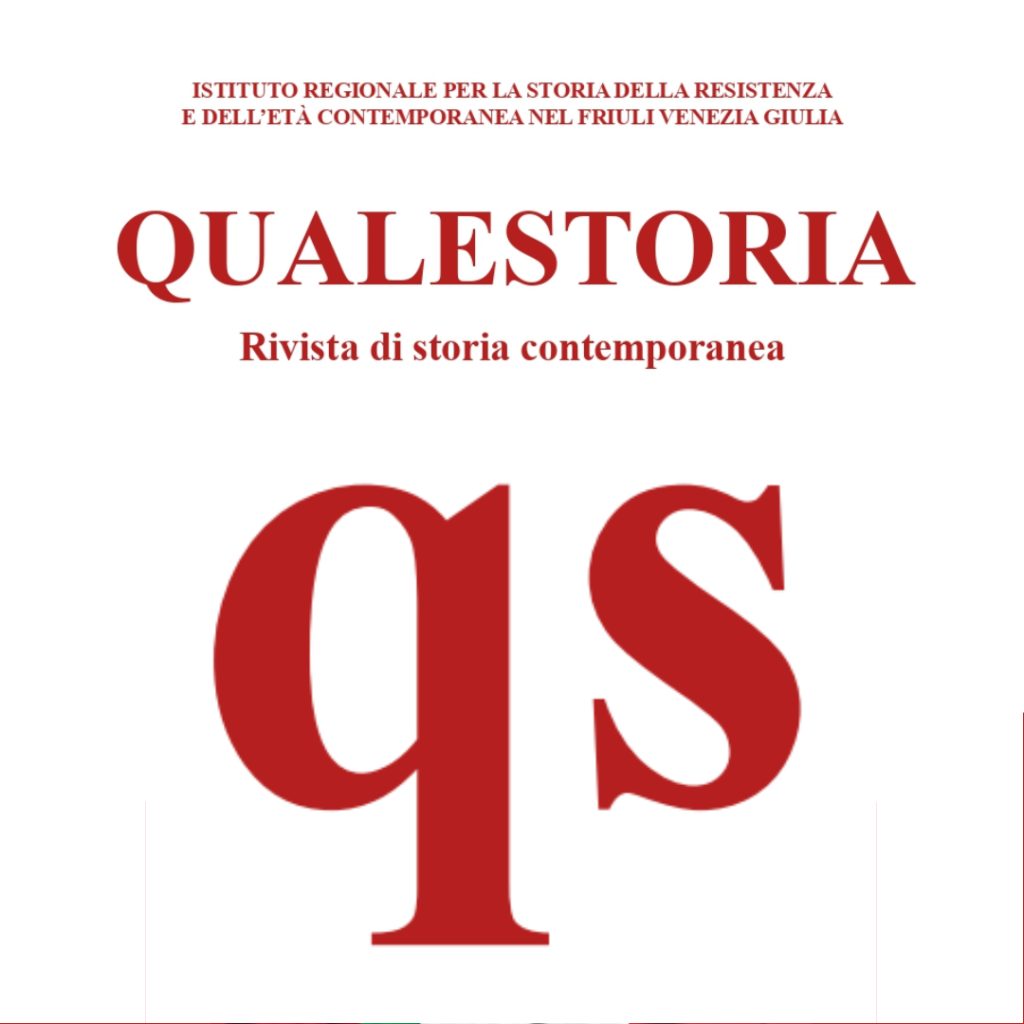Historiography of Central European Communism Reconsidered:
Patterns of Interpretation and Writing Strategies
Deadline: 15 June 2017
21-22 September 2017, Warsaw
Dr Muriel Blaive, Institute for the Study of Totalitarian Regimes, Prague; Dr
Anna Muller, Institute for the Study of Totalitarian Regimes, Prague; Dr
Nicolas Maslowski, Centre of French Civilisation/Warsaw University, Warsaw
This conference’s aim is to articulate a historiographical analysis of the
popular attitudes towards communism in power. Before communism’s fall, it was
difficult for historians to study society and “popular opinion” (Paul
Corner) as little societal data was available, the archives were closed,
research was supervised and history was politicised. This is without even
considering the difficulty, for obvious methodological reasons, of accounting
for the relationship between rulers and ruled under a dictatorial regime.
After 1989, methodological and practical concerns (policies of archive opening,
politico-historical narratives suiting the post-communist state, retribution
or compensation policies addressing persecutors and victims, etc.), took centre
stage in the countries of Central and Eastern Europe. But how has the history
of each communist regime been written in relation to their respective
societies? How is communism presented in historical works and textbooks today?
What is society’s role as potential supporter, opponent or indifferent actor
of the communist regime? What part, if any, is devoted to the regime’s
intentions concerning the population?
We want to analyze how the history of communism in Central Europe was written
in the past and how it is being written today. Our particular focus is on the
relationship between rulers and ruled; this will help us evaluate why the
totalitarianism paradigm remains important. How present is society in the
dominant historiographical analysis? Can we identify ways to restructure this
historiography? Our aim is to overcome the duality between a political history
centred on the repressive apparatus on the basis of party and secret police
archives, and a social and cultural history inspired by mass organisations,
factory archives, local or private archives, oral history or even arts and
literature. Accounts and interpretations of the population’s response to
communist policies in Central and Eastern Europe will be mapped out in local
and Western historiographies before and after 1989, in order to deconstruct
this historiography’s master narratives and their evolution over time.
This international workshop is the second of three conferences to be held in
the frame of the research project Rulers and Ruled in Poland and
Czechoslovakia (1945-1968): Practical and Methodological Challenges in the Historicization of
a Complex Relationship, financed by the Grant Academy of the Czech Republic.
While the project is expressly dedicated to Poland and Czechoslovakia and to
the period 1945-1968, we also encourage for comparative purposes the
submission of papers dealing with other countries of East Central Europe and with the
post-1968 period. Selected texts from this workshop will be included in the
final, eponymous collective publication of the project.
We invite interested scholars to send a 300 to 500 words abstract and a short
bio to Muriel Blaive, Anna Muller and Nicolas Maslowski at mblaive@gmail.com,
anmuller@umich.edu and n.maslowski@uw.edu.pl.
Advanced PhD students and fresh post-docs will also be considered. Travel and
accommodation, as well as part of the meals, will be provided.













